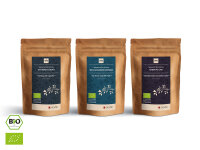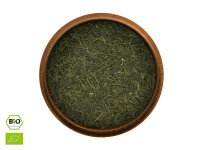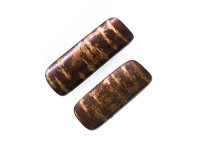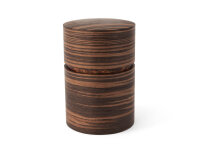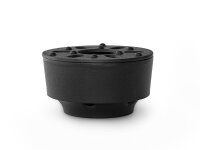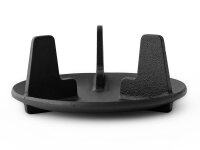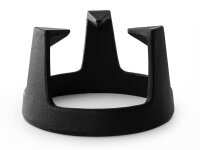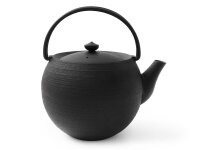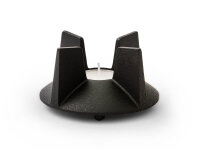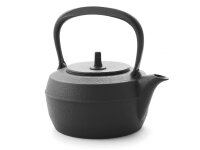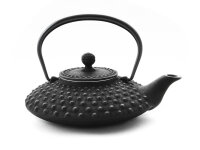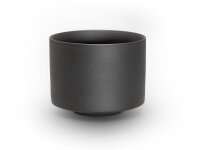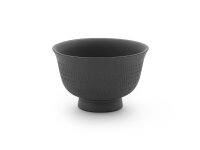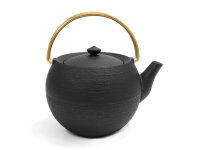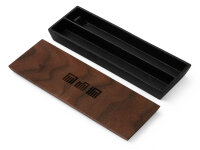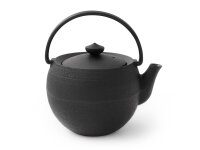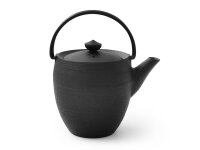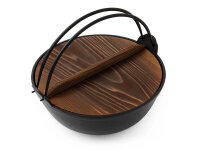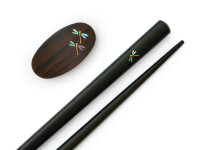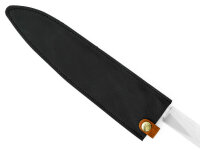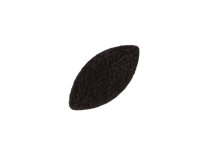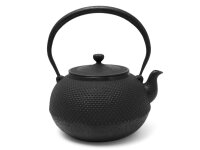It is widely known worldwide that in Japan, traditional craftsmanship is cultivated and preserved with deep conviction. Chushin Kobo has undertaken this task in a special way. Hisanori Masuda, founder and director of Chushin Kobo, believes that traditional craftsmanship can be most successfully preserved when combined with modern, contemporary design. Hisanori Masuda was born in 1949 in Shizuoka Prefecture, Japan. After graduating from Musashino University of Art (Fine Arts and Design), he remained at the university for 5 years, during which he successfully promoted the local industry through modern product design in collaboration with Professor Mosuke Yoshitake. After that, Hisanori Masuda moved to Yamagata. Yamagata Prefecture is known for its snow-covered mountains, snow monsters, ancient temples, fruit cultivation, and of course, the Tetsubin cast iron teapot. In 1997, Hisanori founded his own workshop with the aim of independently realizing his designs for Tetsubin and teapots. Since its founding, Chushin Kobo has been producing cast iron kettles (Tetsubin) and teapots that stylishly combine the beauty of traditional cast iron with Hisanori's contemporary, modern design. Hisanori Masuda is a member of the Japan Craft Design Association and teaches at Tohoku University of Art and Design.
Each article is a uniquely handcrafted piece.

